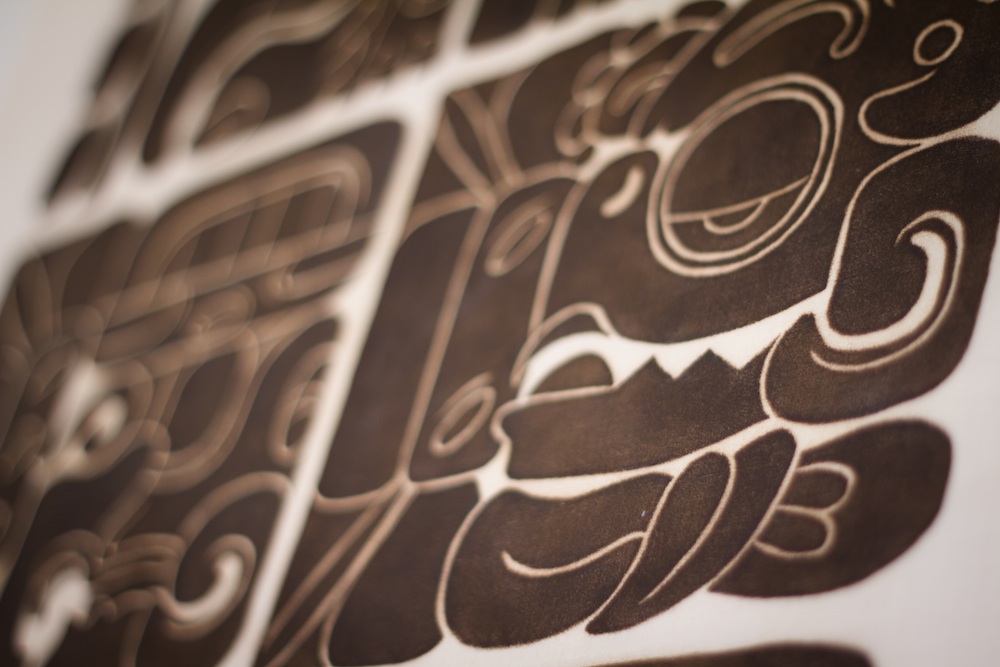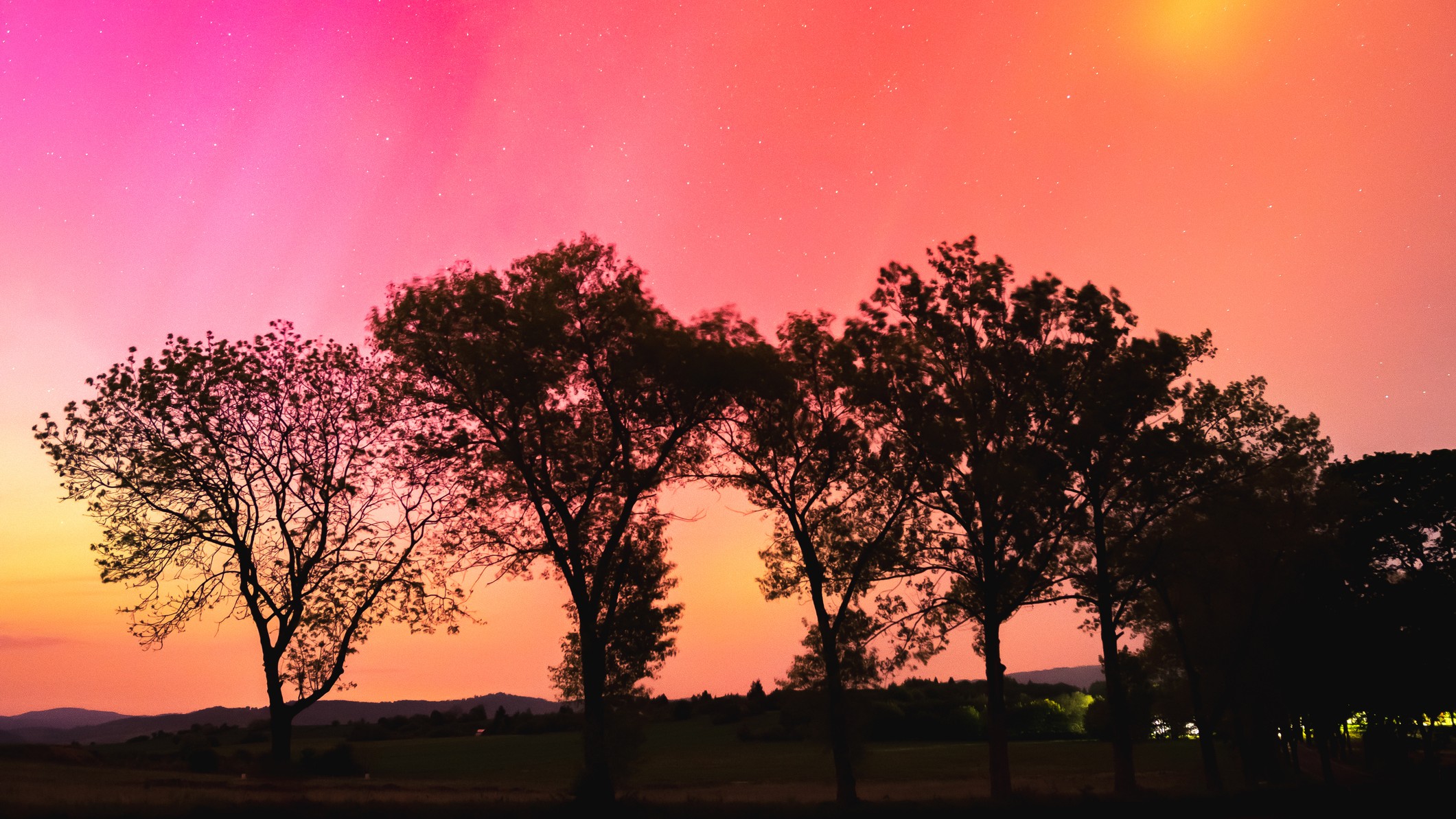After Mayan Apocalypse Failure, Believers May Suffer

You might expect the world not ending to be a cause for celebration. But for believers in doomsdays like yesterday's supposed Mayan apocalypse, the continued existence of the planet can be quite traumatic.
Yesterday (Dec. 21) was widely rumored online to be the end of the world, a misunderstanding of a calendar used by the ancient Maya people. Although the Maya made no doomsday predictions, some modern individuals and groups claimed they had foretold the end on Dec. 21, 2012.
Because the doomsday predictions were largely grassroots and spread online, the fallout from their failure is likely to be more varied than in doomsdays past, said Stephen Kent, a University of Alberta sociologist. Most of the time, doomsday predictions are made by charismatic leaders, often in cultlike settings. [Tales of the 10 Craziest Cults]
"It appears that believers in the Mayan calendar apocalypse range from troubled individuals to groups following charismatic leaders," Kent told LiveScience. "Consequently, the fallout could be very complicated."
When the world won't end
After a failed doomsday, believers respond with a range of reactions, from disavowing their former apocalyptic beliefs to, surprisingly, believing more than ever. One classic reaction is the one made by Harold Camping, a radio preacher who first predicted Judgment Day in 1994. When that date didn't pan out, Camping made a common claim among doomsday prophets — the math had been wrong, but the ultimate prophecy would still prove true. He then predicted a widely publicized Judgment Day in May 2011, which also failed to occur. After that failure, Camping claimed the Judgment Day had been "spiritual" in nature and that the world would still end in a few short months.
When that claim also failed, Camping finally admitted his error. Rationalizing and attempting to explain away failure is common among failed doomsday groups, said Lorenzo DiTommaso, a professor of religion at Concordia University in Montreal. In some cases, groups even claim that their prayers saved the world.
Sign up for the Live Science daily newsletter now
Get the world’s most fascinating discoveries delivered straight to your inbox.
The Mayan apocalypse is likely to be different, if only because the Internet is bursting with dozens of contradictory prophecies about the day, DiTommaso told LiveScience.
"There are so many different predictions ridered onto the 2012 phenomenon, everyone's going to have a different response," DiTommaso said. "And because it's not a leader or a church or a doctrine or Karl Marx forecasting what the future is going to be like, there's not going to be a leader against whom you can forecast your dissatisfaction."
Facing mortality
Doomsday believers tend to pick up and get on with their lives more successfully if they have strong networks of family and friends, Kent said. The grassroots nature of the Mayan apocalypse predictions is therefore troubling, he said.
"The isolated individuals who encounter these predictions on the Internet may be terribly alone," he said. Some may be "really quite lost" in the wake of the uneventful day.
"It's not just the usual suspects," said DiTommaso of the 2012 apocalypse believers. "Lots of people can buy into 2012 for different reasons."
Part of the reason that failed doomsdays can be so traumatic, Kent said, is that they appear to be a way that people grapple with their mortality. Believers usually think they'll survive the end, whether by being one of God's chosen people, by building an underground bunker, or by hitching a ride on a friendly UFO. If you survive the end of the world, Kent said, you never have to face your own death.
"The believers always predict that their special knowledge will allow them to survive, that they will escape the mortality that all of us face," Kent said. "And so far, everyone's been proven wrong on that fact."
However, hope springs eternal. Matching the dates of the Mayan calendar to our modern calendar is not an exact science, offering doomsday believers a "we got the math wrong" rationalization for the failed prediction.
Already, "there's a bit of chatter for 2015," DiTommaso said.
Follow Stephanie Pappas on Twitter @sipappas or LiveScience @livescience. We're also on Facebook & Google+.

Stephanie Pappas is a contributing writer for Live Science, covering topics ranging from geoscience to archaeology to the human brain and behavior. She was previously a senior writer for Live Science but is now a freelancer based in Denver, Colorado, and regularly contributes to Scientific American and The Monitor, the monthly magazine of the American Psychological Association. Stephanie received a bachelor's degree in psychology from the University of South Carolina and a graduate certificate in science communication from the University of California, Santa Cruz.
